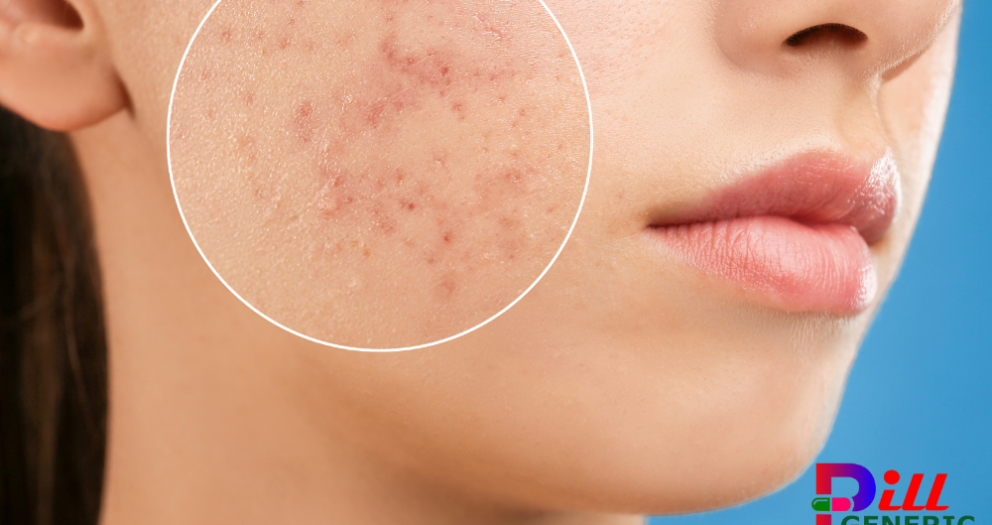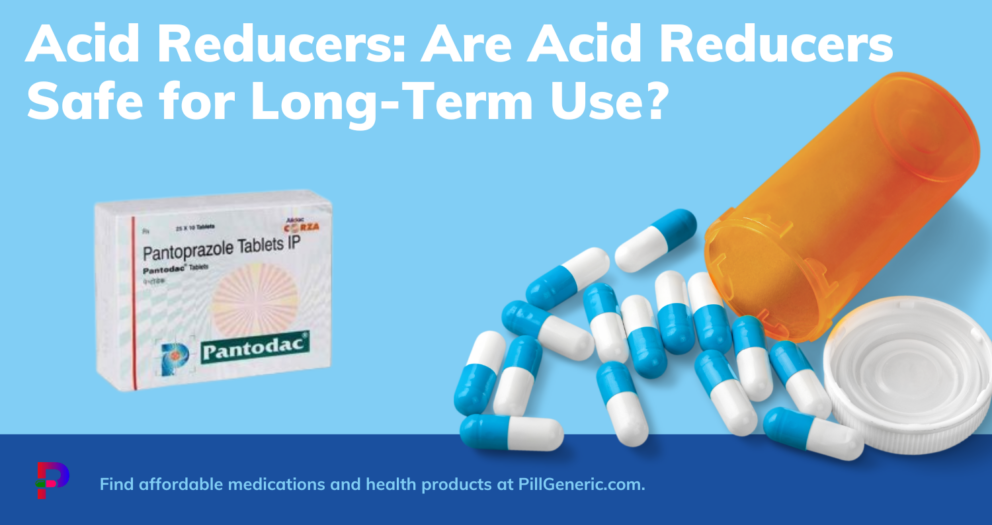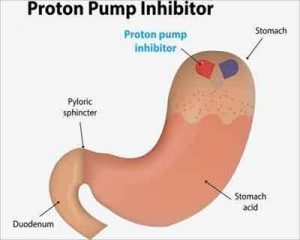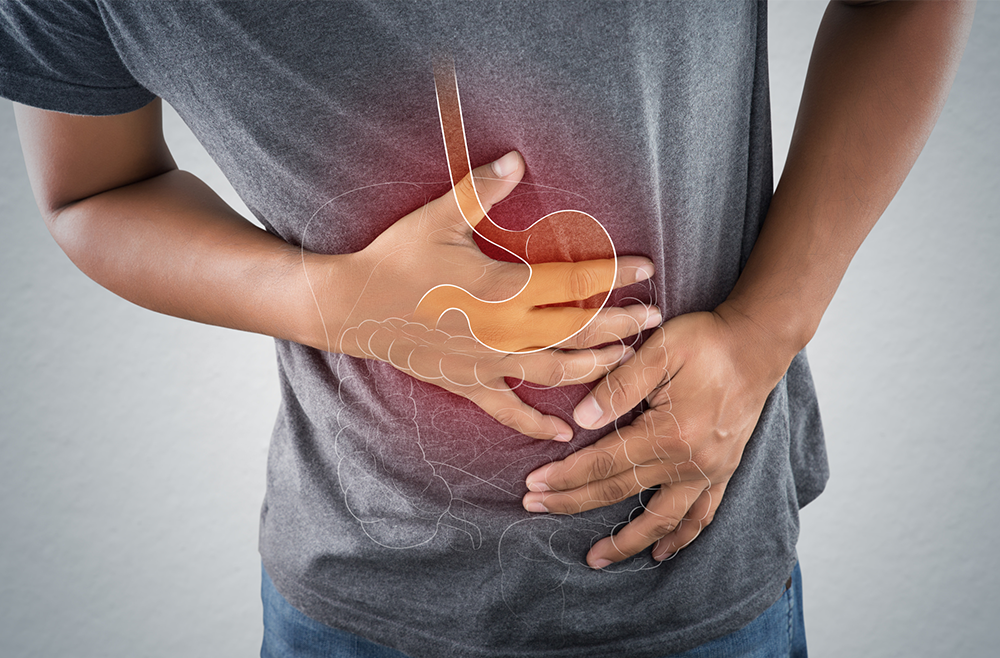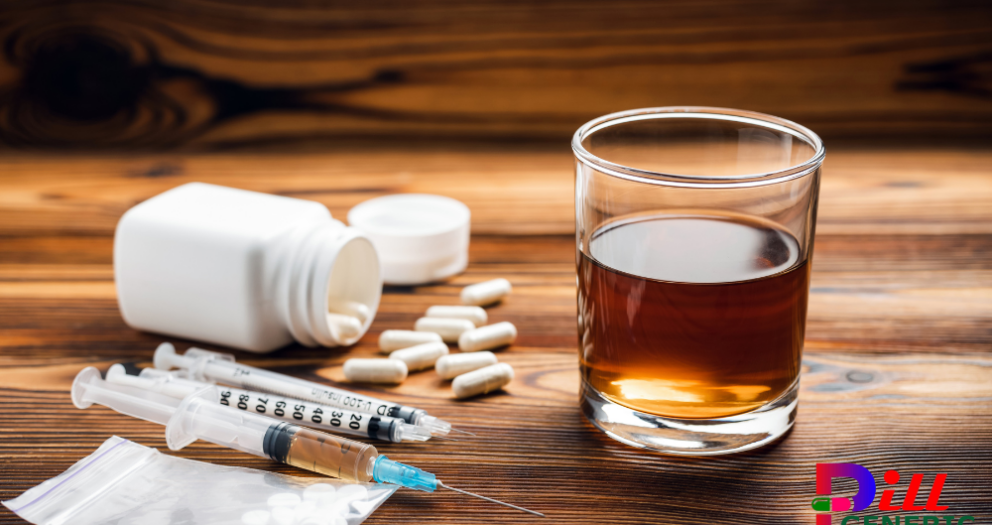December 16, 2024
Pill Generic
Biktarvy Tablet
Biktarvy Tablet is a prescription medication used to treat HIV-1 (human immunodeficiency virus) infection. It is a combination tablet containing three active ingredients:
- Bictegravir (an integrase strand transfer inhibitor, or INSTI),
- Emtricitabine (a nucleoside reverse transcriptase inhibitor, or NRTI),
- Tenofovir alafenamide (a nucleotide reverse transcriptase inhibitor, or NTRI).
Key Uses:
- HIV-1 Treatment: Biktarvy is used for the treatment of HIV-1 infection in adults and pediatric patients aged 6 years and older who are HIV-positive and have not received prior treatment, or to replace other HIV medications in patients with suppressed viral load.
How It Works:
Biktarvy works by inhibiting three different enzymes that HIV needs to replicate:- Bictegravir blocks integrase, an enzyme necessary for HIV's genetic material to integrate into the host cell.
- Emtricitabine and Tenofovir alafenamide block reverse transcriptase, an enzyme HIV needs to replicate its RNA into DNA, thus preventing the virus from multiplying.
Benefits:
- Effective HIV Management: By combining three active ingredients in one pill, Biktarvy helps reduce the viral load, improving immune function.
- Once-Daily Dosage: Biktarvy is taken as a once-daily pill, making it convenient and promoting adherence to treatment.
- Minimal Side Effects: It generally has fewer side effects compared to older HIV treatments, though monitoring kidney function and bone health is recommended.
Side Effects:
Common side effects may include nausea, headache, diarrhea, and fatigue. Serious side effects may include kidney problems, liver issues, and bone mineral density loss, so regular monitoring is important. Biktarvy is a highly effective and convenient option for managing HIV-1, improving long-term outcomes and the quality of life for those living with HIV.Serious Side Effects:
- Kidney Problems:
- Biktarvy Tablet may affect kidney function, leading to conditions such as kidney failure in rare cases. Regular kidney monitoring through blood tests is recommended.
- Bone Mineral Density Loss:
- Tenofovir alafenamide (one of Biktarvy’s components) may cause bone loss or decrease bone mineral density, making bones more prone to fractures, especially in women who are at higher risk for osteoporosis.
- Liver Issues:
- Liver problems, including hepatitis B reactivation (if previously infected), liver damage, or liver failure, are rare but serious. Liver function should be monitored regularly during treatment.
- Allergic Reactions:
- In rare cases, allergic reactions may occur, including rash, itching, and swelling. Serious reactions like anaphylaxis (severe allergic reaction) are extremely rare but require immediate medical attention.



